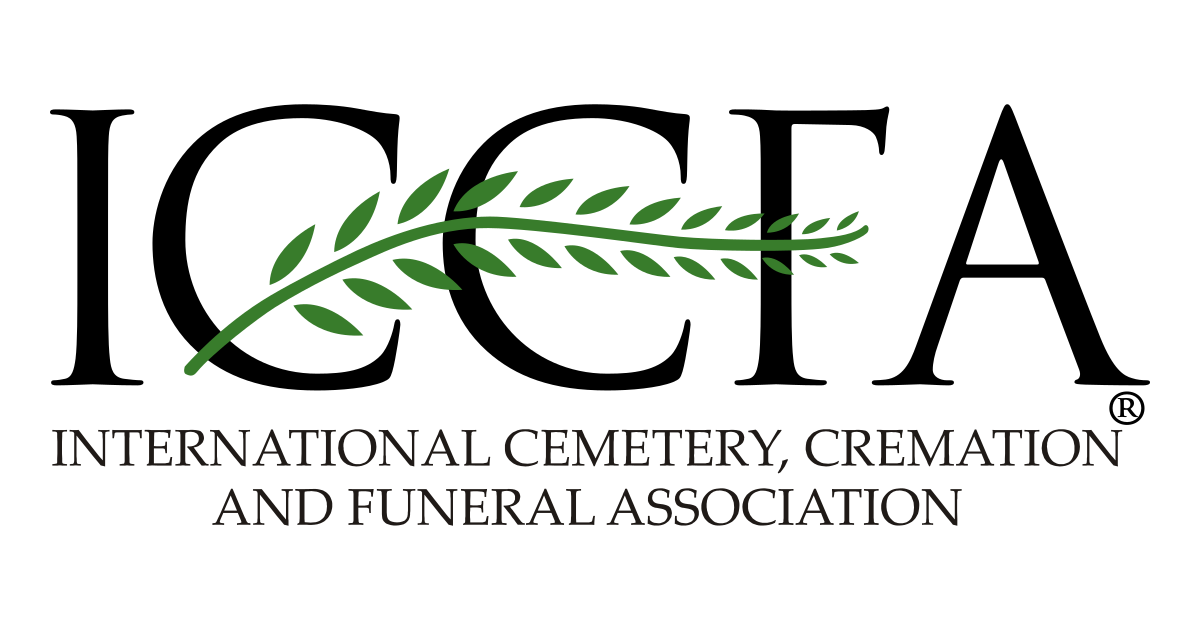Cremation Process
Depending on local laws, there may be a waiting period of up to 48 hours from the time of death before the human remains may be cremated.
Before cremation, mechanical devices such as pacemakers must be removed because they may explode during the cremation process, causing extensive damage both to the integrity of the human remains and to the cremation chamber.
To begin the cremation process, the human remains and the cremation container are placed in the cremation chamber. Open flames raise the temperature to 1600o-2000o Fahrenheit for a period of approximately two to three hours. The time varies with each human remains.
To remove the cremated remains from the cremation chamber, a broad hoe-like instrument is used. Every effort is made by the operator to completely remove every particle from the chamber floor.
After the cremation process is complete, the cremated remains are removed from the cremation chamber and placed in a tray for cooling. They are then processed to their final reduced consistency. The processed cremated remains are placed into an urn or some other type of container, according to the wishes of the family. Most cremated remains weigh between 4 to 8 pounds, depending on the bone structure of the human remains.
Metal objects, such as jewelry and dental gold, may break down into small pieces during the cremation process. These small pieces, along with large pieces of metal (i.e. hinges, screws, and prostheses), may be removed from the cremated remains using a magnet or some other means, then disposed of according to local laws and company policy.
The family chooses the final disposition of the cremated remains. Pending this decision, our funeral establishment will hold the cremated remains for a very limited, specified time. The family may select inurnment in a permanent location such as a mausoleum or columbarium niche, cemetery plot, or other special location of the family’s choosing. Alternatively, the remains may be scattered in a cemetery scattering garden, at sea, or in some other location, so long as it is in accordance with local laws. However, the decision to scatter should be chosen carefully in that it is irreversible.
- Please visit Cremation Facts to answer more questions.
| (714) 521-1011 | (714) 521-1010 |
|---|---|
| Garden Grove | Buena Park |


